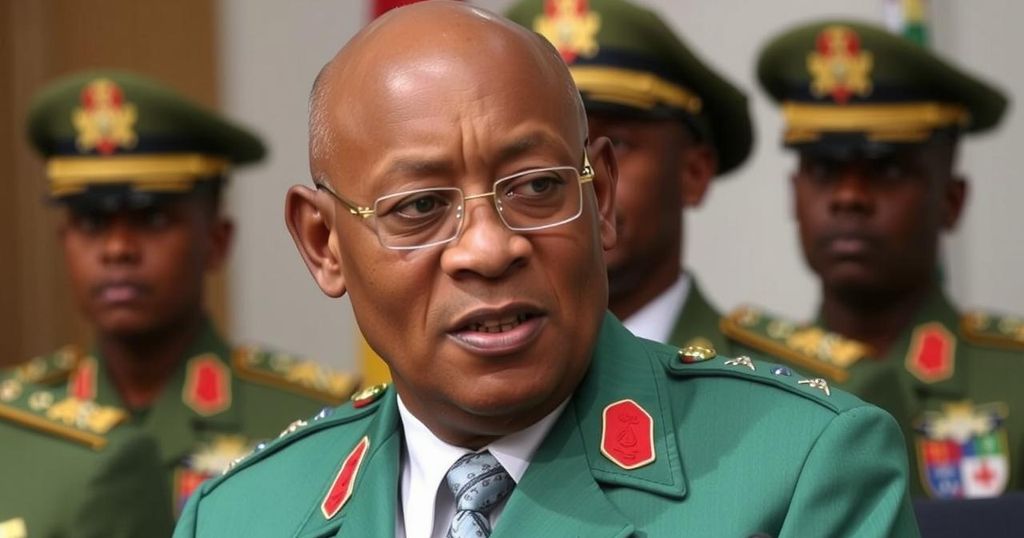Chad Holds Controversial Elections Amid Opposition Boycott and Allegations of Fraud
Chad is voting in legislative, provincial, and local elections after three years of military rule, but the elections are boycotted by the opposition. This situation benefits candidates allied with Marshal Mahamat Idriss Itno, who has faced allegations of a fraudulent electoral process after recently securing a five-year term. The political climate remains tense amid widespread calls for vigilance against potential electoral fraud, heightened repression of dissent, and ongoing security concerns.
Chad is conducting legislative, provincial, and local elections after three years of military rule. These elections, which the government styles as the final step toward a political transition, face a notable boycott from the opposition. This absence of opposition candidates leaves the field open for those aligned with Marshal Mahamat Idriss Itno, who regained power in 2021 and legitimized his rule in a contested presidential election last May, which opposition voices labeled fraudulent. Opposition leader Succes Masra publicly urged voters to refrain from participating, expressing distrust in a political system he described as fraudulent.
On the eve of the elections, the opposition’s Democratic Party of the Chadian People (PDPT) reported that over a thousand ballots intended for the sub-prefecture of Bongor had mysteriously disappeared. They urged vigilance to counter potential fraud perpetrated by the ruling MPS party. Polling stations will be open from 6 am to 6 pm local time, with around eight million registered voters participating and being overseen by foreign observers.
The electoral process is marred by multiple challenges, including persistent attacks from Boko Haram in the Lake Chad region and the controversy surrounding a prior military accord with France. Marshal Itno assumed power following the death of his father, Idriss Deby Itno, who had a longstanding and authoritarian rule. Since then, various elections have been delayed due to security concerns, financial constraints, and the COVID-19 pandemic. The last legislative elections occurred in 2011, further complicating the political landscape. Reports indicate that the atmosphere surrounding this election period is marked by increasing repression of dissent, as highlighted by Succes Masra, who referenced a tragic crackdown on opposition protests in October 2022. Furthermore, ongoing disputes over press freedoms have restricted news coverage, stifling independent voices on this critical day.
Chad has experienced a tumultuous political landscape marked by a history of military rule and authoritarian governance. Following the death of long-time ruler Idriss Deby in 2021, his son, Marshal Mahamat Idriss Itno, assumed power and initiated a transition that has faced significant challenges, including boycotts from the opposition, allegations of electoral malpractice, and the presence of violent extremist groups. This election, which is the first of its kind in years, carries significant implications for Chad’s prospects of establishing a genuine democratic process amid ongoing instability.
The triple elections in Chad are taking place under a cloud of controversy and opposition boycott, signaling a potential setback for democratic progress. With allegations of electoral fraud and repression of dissent, the legitimacy of the electoral process is heavily questioned. As Chad attempts to navigate this challenging political landscape, the eyes of both national and international observers will be closely monitoring the outcomes and the implications for future governance.
Original Source: www.barrons.com




Post Comment